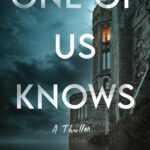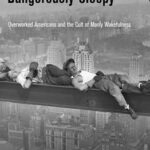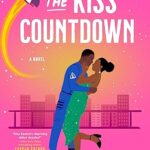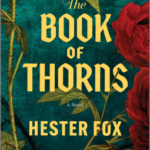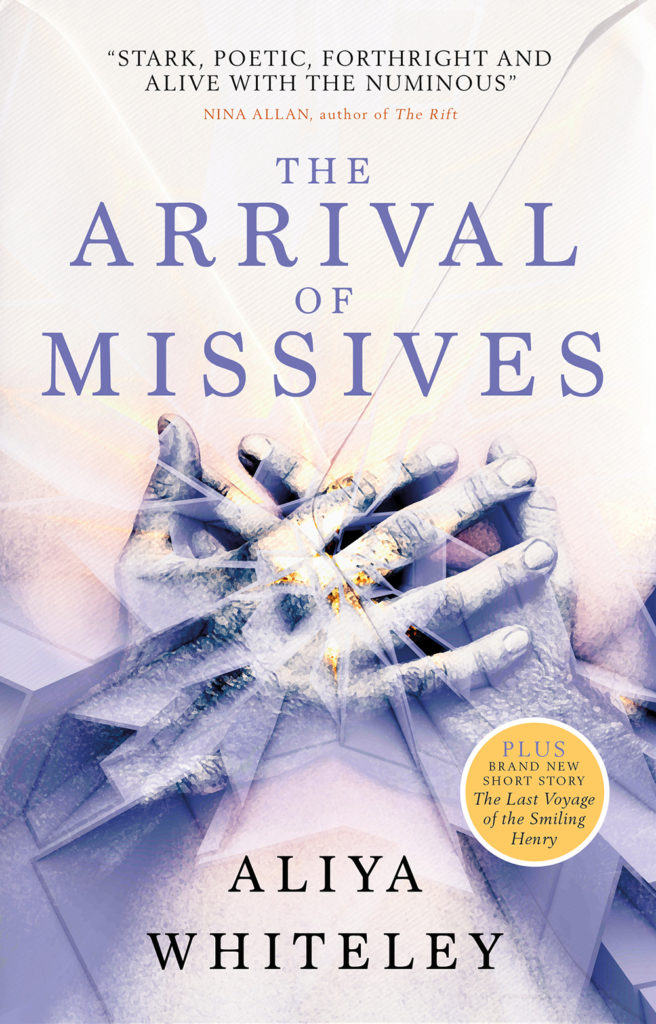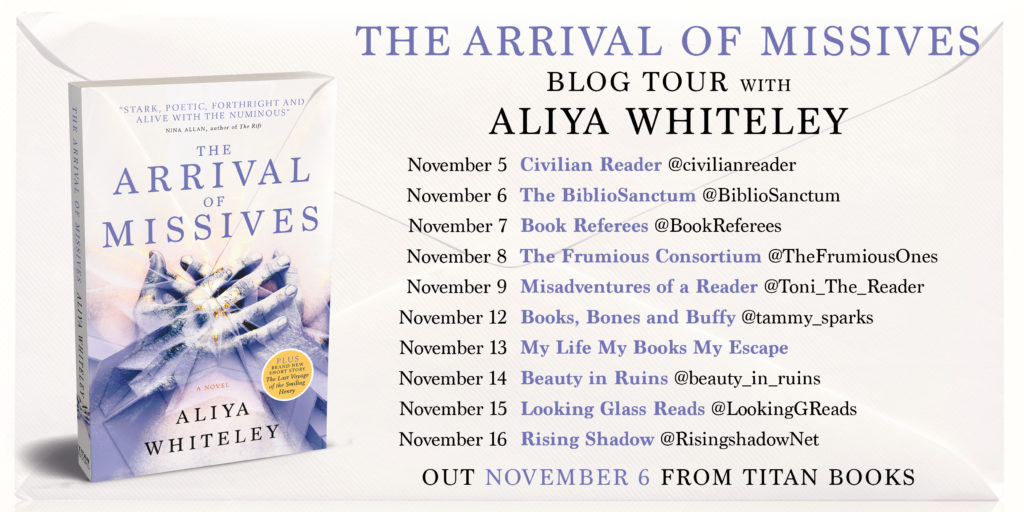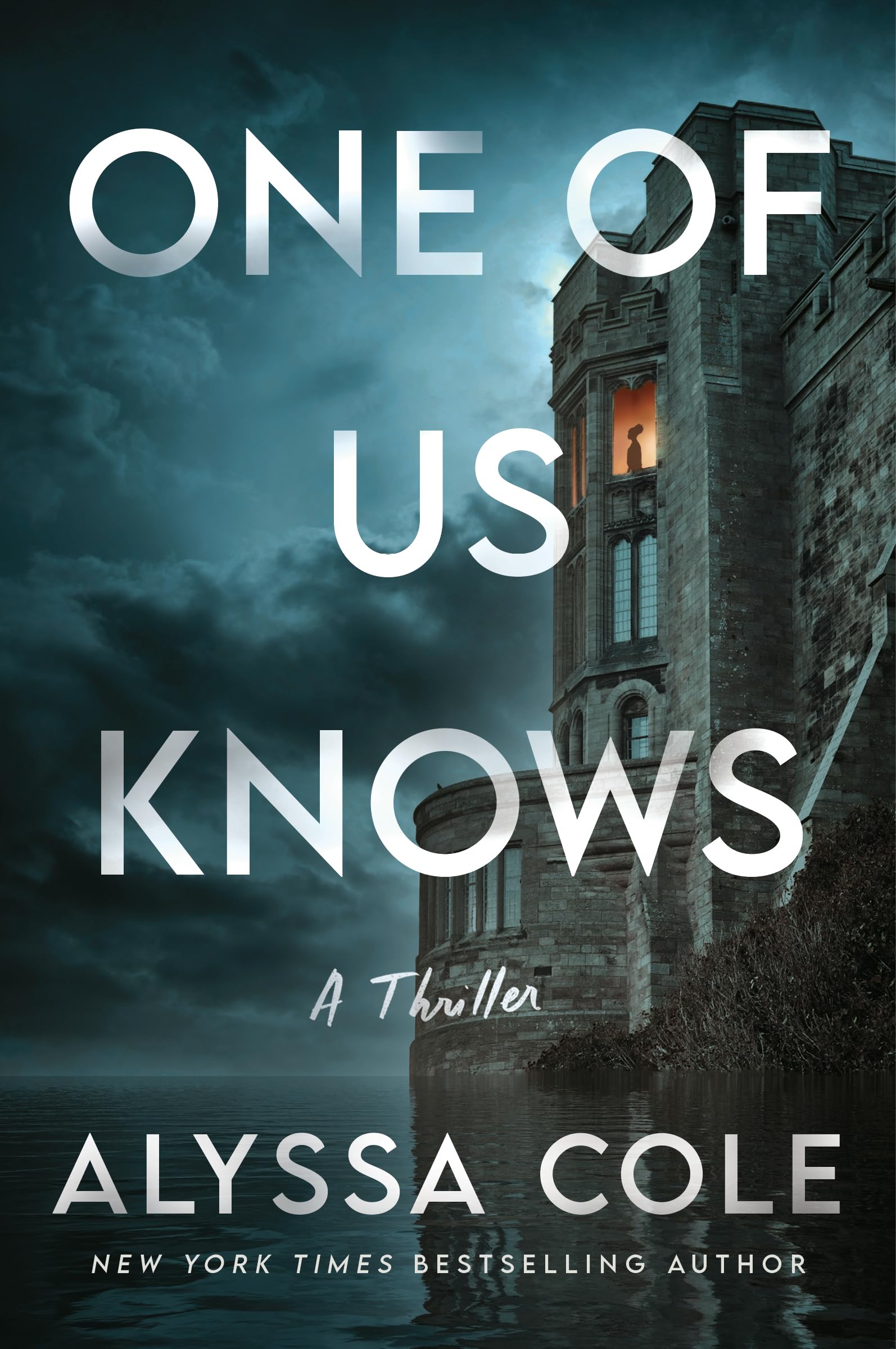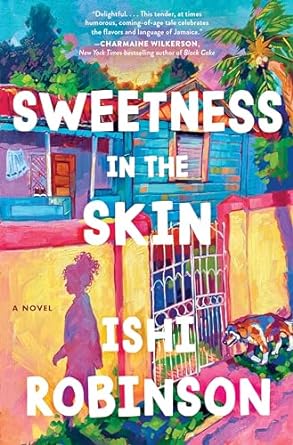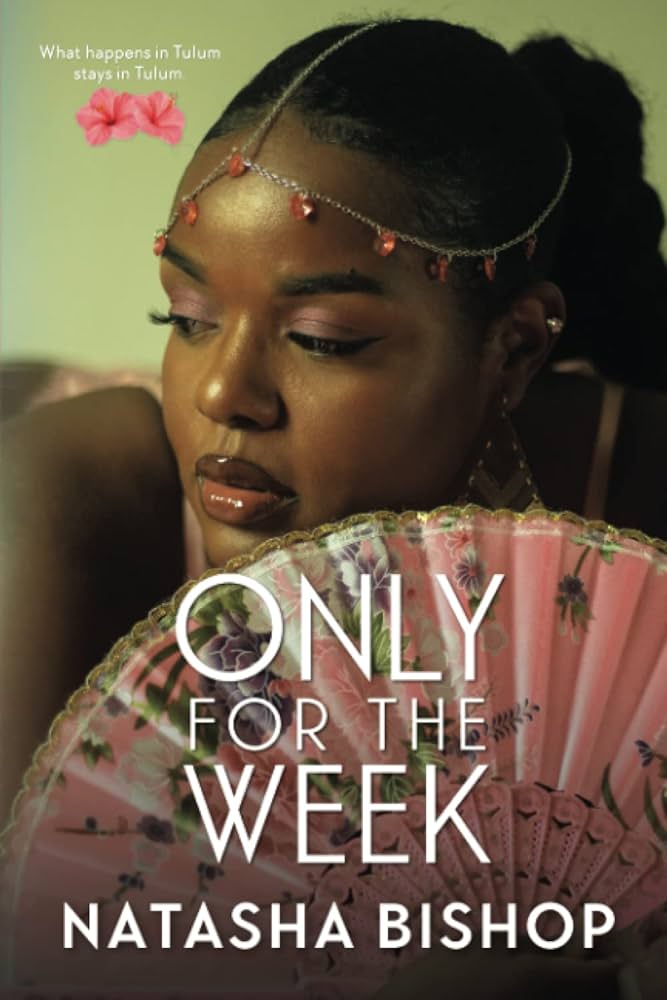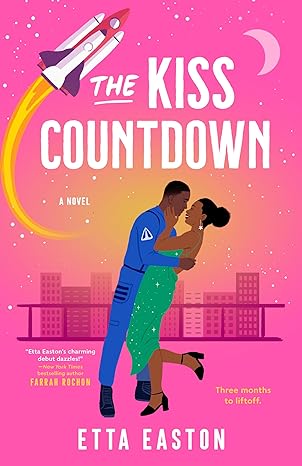In the aftermath of the Great War, Shirley Fearn dreams of challenging the conventions of rural England, where life is as predictable as the changing of the seasons. The scarred veteran Mr. Tiller, left disfigured by an impossible accident on the battlefields of France, brings with him a message: part prophecy, part warning. Will it prevent her mastering her own destiny? As the village prepares for the annual May Day celebrations, where a new queen will be crowned and the future will be reborn again, Shirley must choose: change or renewal?
One thing I have learned about Aliya Whiteley’s writing is you never know what to expect, but she always delivers a delightful surprise. The Arrival of Missives is no different. This book captures your attention from the first few paragraphs. I began reading this book thinking it was going to be a girl’s high school crush on her teacher. But as I continued to turn the pages – this book turned in a supernatural adventure. The author has a poetic way of telling her stories. Even though this is a novella – you are still able to capture the essence of the characters. This book kept me guessing how everything would come together.
If you haven’t read a book from Aliya Whiteley – I recommend you to get out of your comfort zone and discover the mysteries that this author delivers through the pages of her book(s).
Reviewed by: Orsayor
I cannot sleep.
Today I overheard Mrs Barbery in the street gossiping with the other mothers. She said, ‘He isn’t a real man, of course, not after that injury.’ I walked past and pretended not to have heard. He limps, a little, but it does not constrain his activities. Sometimes I wonder what is under his shirt and waistcoat. I imagine something other than flesh to be found there: fine swan feathers, or a clean white space. No, Mr Tiller is not what passes for a real man in these parts, and all the better for that.
My feelings for him have infused every aspect of my existence. My heart leaks love; it seeps out and gaily colours the schoolyard, the village green, the fields I walk and the books I read. My father comes back from his work at times and finds me in the armchair by the front parlour window, curled up in thoughts I could never dream to share with him. It has become a ritual with him saying, with a smile, that I have a talent for wool-gathering and that he’ll sell me to the shepherds.
My mother sometimes brings me tea, creeping into the parlour as if she does not quite belong there. She bears a curious expression in these moments, perhaps best described as a mixture of pride and worry. It troubles me. I think she knows my mind, even though we have never spoken of it. She was once an uneducated version of me, of course – the raw clay from which I am formed. But then she returns to the kitchen, and there she is a different woman, bustling to and fro, laying out plates for the workers at the long oak table. The workers are the remains, and the reminder, of the war, but they work hard, as does everyone on the farm, including the animals. Apart from me. I am marked for something else.
This is a different age, a new era, and my feelings are all the finer and brighter for my luck in having the time to explore them. The upward path of humanity, out of the terrible trenches, will come from the cultivation of the mind. And women will have an important role in this, as teachers, as mentors, to the exceptional men who will grow from the smallest boys, with our guidance.
Once I asked my father if, once all the young men were dead, they would send women to fight at the front, and he said I had the mother of all imaginations. Well, that is what is needed now. After such a war people must think new thoughts, give birth to lofty emotions, and love is surely the best place to begin. I am in love. I am in love: Shirley Fearn, landowner’s daughter, is filled to the brim with love for Mr Tiller.
Look how love coats me in a shiny slick that no grim thought can penetrate. It lights the dark, and distinguishes my being. I am set alight by it. Great deeds no longer belong only to Field Marshal Haig and his like – to the real men, as Mrs Barbery would have it; it is now within the province of schoolgirls and cripples to act as heroes. Greatness is, for the first time, universal.
Besides, I am not so very young, and could have left school two years ago if my father wished it. I am about to turn 17 years of age, and Mr Tiller only limps a little.
Outside my window, the owls screech and the leaves of the trees murmur and hush. I can picture the branches swaying in the breeze. The fields have been sown and the crops are growing, slowly pushing from their hidden roots. The worms and moles are there, burrowing blind, busy busy busy in the earth. Such thoughts of dampness in the dark quiet my mind, and lead me down to my sleep.
Aliya Whiteley was born in Devon, UK, in 1974. She writes novels, short stories and non-fiction and has been published in places such as The Guardian, Interzone, McSweeney’s Internet Tendency, Black Static, Strange Horizons, and anthologies such as Fox Spirit’s European Monsters and Lonely Planet’s Better than Fiction I and II. She has been nominated for the Pushcart Prize twice, and won the Drabblecast People’s Choice Award in 2007.
Her novella for Unsung Stories, The Beauty, was shortlisted for a Shirley Jackson Award and a Sabotage Award, and appeared on the Honors List for the James Tiptree Jr Award. Her writing is often violent, tender, terrifying and funny. It has garnered much critical praise and provoked discussion. Other published works of hers include a collection of short stories, a novel from Dog Horn Publishing, and a blackly comic crime novel from Macmillan. Further details can be found on her website and she tweets most days as @AliyaWhiteley.
www.aliyawhiteley.wordpress.com

